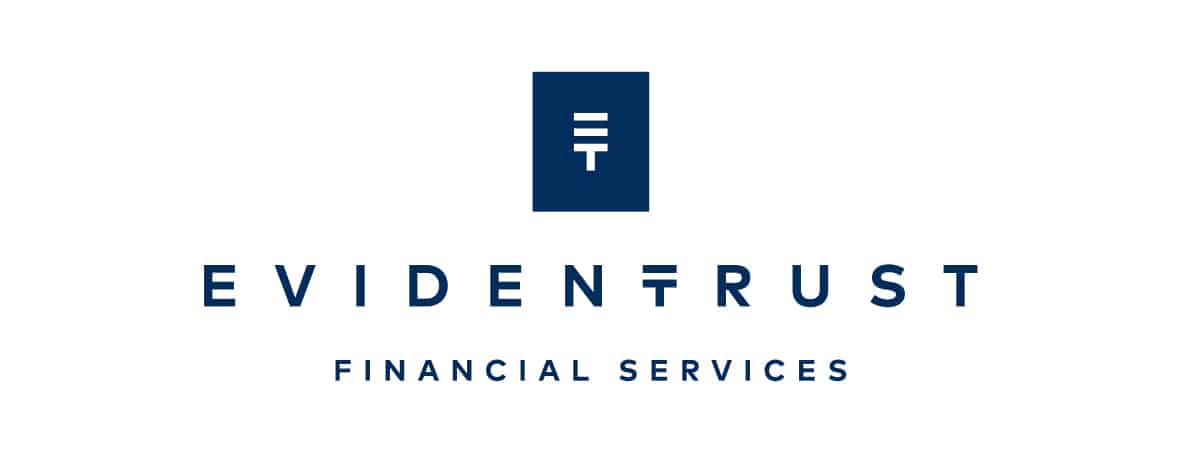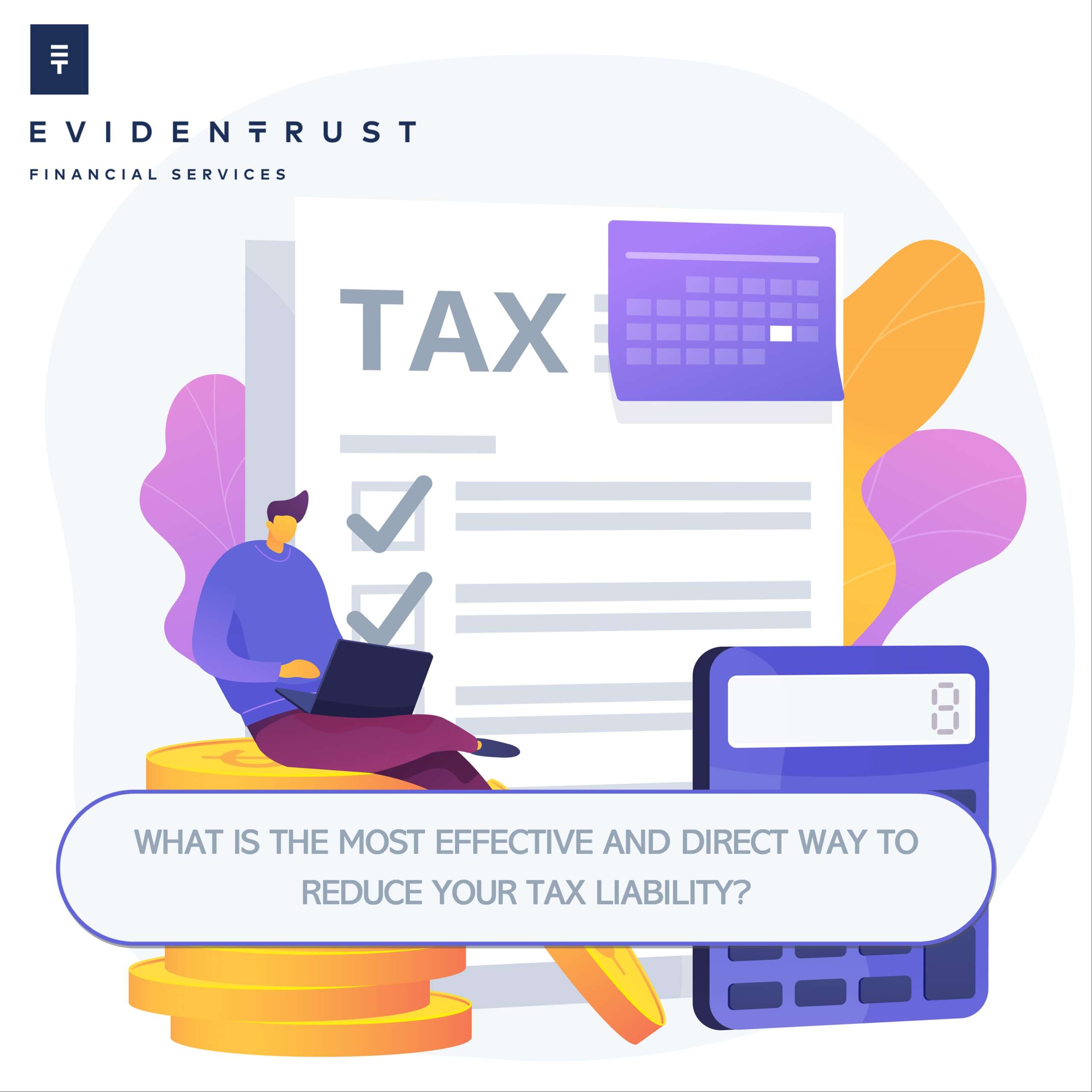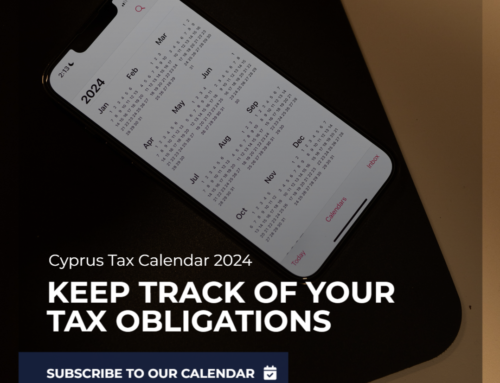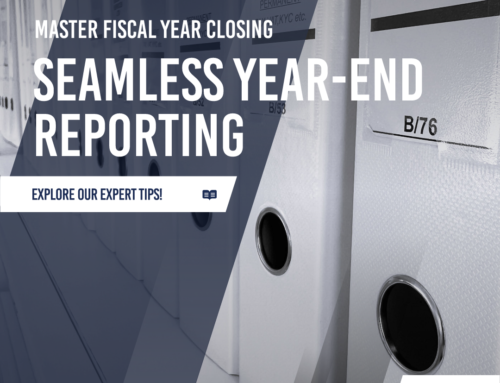One of the most popular reasons that clients turn to an accounting firm is to help them reduce the amount of tax they’re paying in their business. Taxes eat at your margins and they can slow your growth if you’re not taking full advantage of nuanced tax planning and structuring to minimize your tax burden within the bounds of the law.
Often it just takes some small changes to how your business operates to transform your tax liability from something that irks you, to a palatable number. And then with those extra freed-up resources, you can do what you do best – and grow your business.
Common Tax Reduction Strategies
Let’s look at some of the more common tax tactics and strategies that can help you reduce your tax liability, applicable to Cyprus taxpayers:
- Utilize available tax regimes. In your jurisdiction, there are likely tax regimes set up by the government that you might not be taking full advantage of. These are often used to incentivize specific things that the government wants to reward and if you’re aware of them you can benefit from them. For example, the Cyprus IP tax regime allows for 80% of qualifying profits from qualifying IP assets to be tax-deductible. Or the Cyprus notional interest deduction on new capital contributions can also be quite lucrative.
- Set up a provident fund. Provident funds benefit from unique tax advantages in Cyprus and so by wrapping more of your compensation package into a provident fund, you can minimize your tax burden without impacting the value derived by your staff. In fact, you might just help them improve their own retirement planning as you do so – making it a win-win.
- Pay ex gratia bonuses. When it comes to bonus season, making some payments ex gratia can be a great way to take advantage of the Cyprus tax laws and reduce the tax you’re paying on those bonuses. Be sure that you understand the unique boundaries of the law here, but assuming you do – this can be a powerful strategy when you’re disbursing funds to your staff.
- Write off bad debts and claim back the VAT you paid. Every company seems to be holding doubtful debts on their balance sheet that they hope to recover despite the odds being against them. You can get a nice VAT bump from writing these debts off and thus claiming back the VAT that you paid when you issued those invoices.
These are just a few examples of how you can leverage the Cyprus tax to squeeze a little more value out of your spending and reduce that tax burden as much as possible. However, I’d argue that while many companies could benefit from these, in some cases they are not necessarily the most effective and direct way to reduce your tax liability.
So what is the most effective and direct way to reduce your tax liability?
The most direct and immediate change that you can make to reduce your tax liability is simply to improve your tax compliance and eliminate the fees and penalties that come when you calculate your tax wrong or miss a key deadline.
These can be significant and include the following:
- Penalty of 5% on late payments of corporation and personal tax.
- Additional penalty of 5% (in aggregate 10%) if omissions continue more than 2 months from the payment deadline.
- An additional tax of 10% on the difference between actual tax payable and the temporary tax paid, if provisional tax payments were less than 75% of the actual tax liability.
- 10% additional VAT charge on late settlement of your VAT liability.
- Various administrative penalties for late submissions of VAT or tax forms.
- Interest accrued at 1.75% per annum on any overdue tax payments.
These costs add up quickly and so it’s clear that the most effective and direct way to reduce your tax liability is through proper compliance with all the various rules and regulations. Just think that one late submission of a VAT return can be subject to a 10% surcharge, 1.75% interest per year, and a €100 fine for just being late. Depending on your company’s financial position, this can be crippling to your cash flow and should be avoided at all costs.
So What Do You Do About It?
The best way to ensure good compliance and strong tax principles within your organization is to get these three pillars right:
- Maintain accurate and up-to-date accounting records at all times.
- Have a thorough understanding of the relevant tax frameworks and new regulatory updates.
- Ensure that your taxes are calculated accurately and promptly, before being paid on time (2023 tax calendar).
All of this is the sort of thing that you should be outsourcing to a competent accountant. This work requires painstaking attention to detail, lots of applied experience, and having a finger on the pulse of what’s happening in the world of tax. We’ve written previously about how to choose the right accountant for your company and that one decision has compounding effects on everything across your organization.
Stop paying penalties and fines today, and instead start structuring your company to minimize your tax liability ethically and effectively. What are you waiting for?
